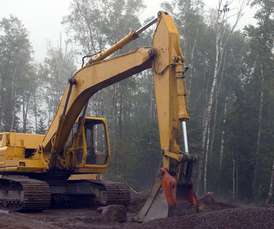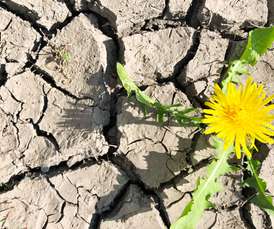'We need to act now': Can COP15 bridge the nature finance chasm?
Business Green
DECEMBER 1, 2022
Latest figures from UN add to growing library of evidence that global financial system needs a major revamp if biodiversity and climate goals are to be met. The COP15 Biodiversity Summit, kicking off next Wednesday in Montreal, is set to be no different. UN environment summits are increasingly about money.














Let's personalize your content